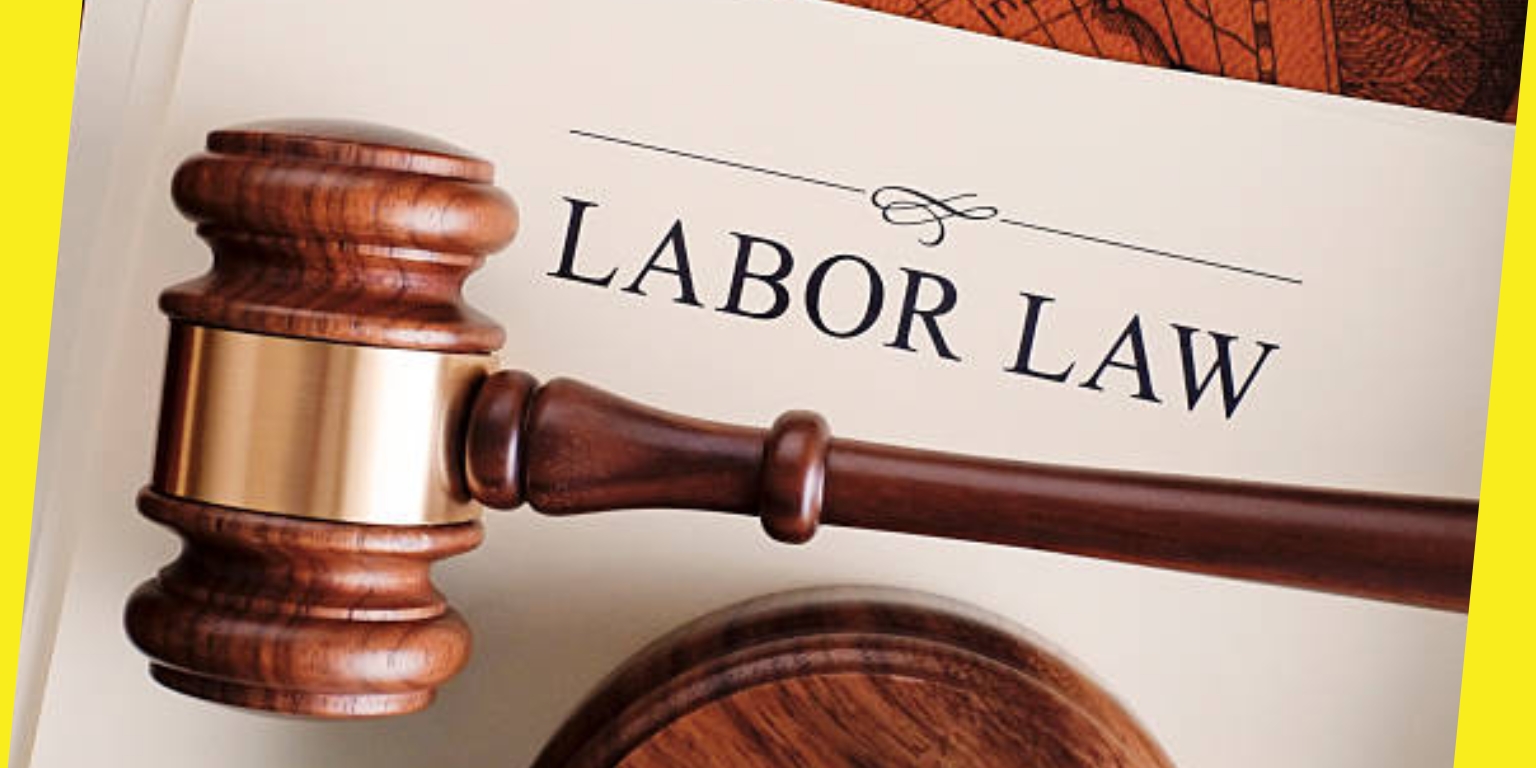The Basic Concepts of Canadian Employment Law
Canadian employment law has a wide array of rules, regulations, and statutes that employers and employees must adhere to in order to be able to work in Canada. For example, non-unionized employees must follow certain laws, and employers and employees can be held liable for wrongful dismissal.
In addition, employees are required to pay payroll taxes, and employers are not allowed to disseminate confidential information to third parties. Whether you’re new to the workforce or are considering a career change, understanding these rules is essential.

1. Wrongful Dismissal
If you’ve been fired from your employer without notice, you may have been the victim of wrongful dismissal. The law in Canada requires that you be given adequate notice and compensation.
You might also be entitled to punitive damages. These are awarded in extreme cases. In order for a court to award these, the conduct must be outrageous or malicious.
In Canadian employment law, a “wrongful dismissal” occurs when you are fired in violation of the Canada Labour Code. It’s not clear how the courts determine if your case is “wrong.” An employment lawyer can help you determine whether your case is a legitimate wrongful dismissal, and what damages you can expect.
Wrongful dismissals occur in a variety of ways. Your employer may have changed the terms of your employment, such as making you work through a notice period. Another reason for wrongful dismissal is when an employer has unilaterally altered the terms of your employment.
2. Non-Unionized Employees
In Canada, there are various employment laws and regulations that cover both unionized and non-unionized workers. The rights of both groups are not similar. For instance, a non-unionized employee is not protected by federal law and may have different terms of employment than a unionized worker.
On the other hand, a unionized employee has certain rights and privileges in Canadian employment law. These are largely governed by collective agreement and labor legislation.
A union represents all workers in the bargaining unit and has legal recognition as the exclusive bargaining agent. This has the effect of removing an employee’s individual status. Moreover, an employer cannot discharge an employee for union support.
One of the basic concepts of non-unionized employees is that they are engaged through a written or oral employment contract. While the terms of this contract vary from one employee to another, the employer and employee must comply with statutory minimum requirements.
3. Disconnecting From Work
The right to disconnect from work is an important concept for employers. It offers a way to signal to employees that their employer is willing to help them balance work and home life. However, it also presents challenges for employers.
Under Canadian employment law, it’s up to you to determine how you plan to implement the right to disconnect from work. You may need to create a separate policy with the help of employment lawyers or you may be able to use an existing document. But what exactly should you include in the policy?
The Ontario government is allowing a bit of leeway. A written policy on the right to disconnect from work does not have to be in an employment contract. However, it does have to be in an employee handbook.
4. Payroll Taxes
In a nutshell, the Canadian employment scene is dominated by federal, provincial, and territorial laws. In addition, most businesses are operated by proprietors who rely on accounting help for most of their business operations. Some provinces have a payroll tax in their jurisdiction. There are also a variety of human rights laws at play.
One of the most intriguing aspects of the Canadian employment scene is the ability to choose a job amongst thousands of similarly qualified applicants. For many individuals, this means a career in a service industry wherein you can be assured of a steady paycheck. Having a job is not always enough, however.
The next step is a good working relationship with one’s employer. Regardless of what type of work one undertakes, a solid relationship will ensure a more rewarding future for both parties.
5. Whistleblowing
Whistleblowing is a term coined in the 1970s by American politician Ralph Nader. It refers to the disclosure of information about actual or potential misconduct. This can be done either internally via a dedicated reporting mechanism or externally to a suitable authority.

Whistleblower protection laws are often found in Canadian employment law. These protections apply to employees working in the public and private sectors. In addition, there are also whistleblower compensation frameworks in place in some jurisdictions.
The Public Servants Disclosure Protection Act (PSDPA) is a key federal statute. It grants the Public Sector Integrity Commissioner power to investigate disciplinary action and to freeze it. A tribunal of Federal Court judges can issue remedies for reprisals against responsible parties.
Recommended For You
5 Things to Know Before Filing a Slip and Fall Lawsuit
Most Inside
Most Inside offers high-quality recommendations and valuable updates to enhance all aspects of your life, providing premium guidance and enriching experiences.




